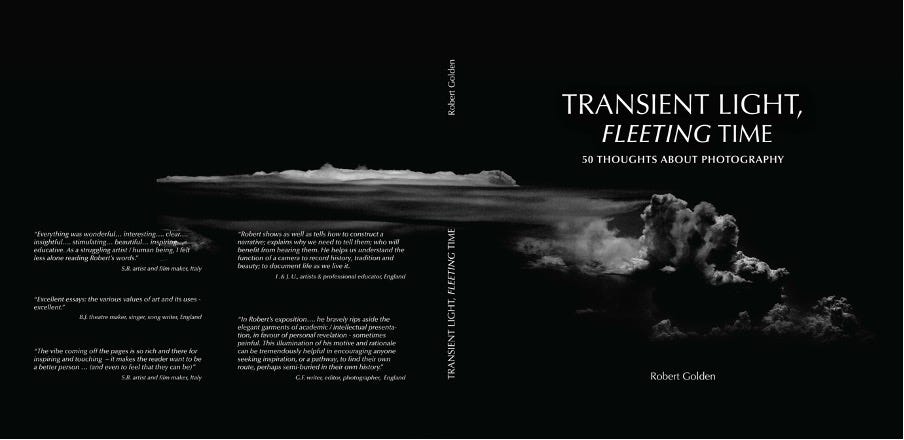NECESSITY OF ART
Post Covid, part 1 (revised)
I have written about 54 essays since February last year. In that time I have had a some wonderful comments and questions which I can only thank people for. Writing on the web is like reading poetry to the waves.
I have decided to re-offer the first several essays which went up before the audience grew to its present size. For those few who read this last year, perhaps you will have a different take on it. I see these essays as a gift of culture (that I can make this contribution), doing what I can to encourage others to enjoy a life of the mind while finding a pleasure in ideas, and an appreciation for beauty and truths we need to embrace. So, here is an adapted rerun of the first essay.
OUR MUSE
Artists are fed by a particular invisible stream. Sometimes we call it our muse, or we name it an emotion –‘I am driven by love and hate’; maybe we name it a cause –‘liberty’, ‘rebellion’, fairness, or proclaim it a consequence of ideology: Communism, Christianity, pan-Arabism.
Whatever it is, this invisible and immeasurable source of art, which is a deep pool of cultural ideas and emotions, or perhaps a turbine, or a network of energy, is necessary for the artist to believe and to produce. If and when it ceases to be, ceases to feed us, ceases to inspire and call upon all the rest of our temporal, technical, emotional and intellectual resources, it is as if the muse has died.
THE ONLY METRIC
We are flattened, we suffer blindness, writer’s block; ennui overcomes us. We become nothing because we have only measured ourselves as artists, producers of beauty, truth and stimuli for others to rise into the light, becoming more complete/fulfilled human beings. Without that purpose, sadly, like victims of the Protestant Ethic, we believe we are worthless in the eyes of our Gods, of others and of ourselves.
LOSS
Yes, even atheists are lost without their muse. At the moment of loss, one’s memory of the original source, sound, light, person’s face or a sentence spoken, a poet’s intuition, an aubergine on a yellow cloth, a monochrome hand reaching through the bars for the sun, dust motes in the moon’s shafts, the death of a hero, the loss of a lover will have faded and our driven natures will be stalled in some hell of self-satisfaction or embittered by resentments.
SPRINGS OF CHANGE
Creativity often arises from the poor and working classes because it is they who have more need for dreams of a decent life, and they who have a passionate commitment to change. The wealthy and the well-to-do middle classes, in the main, only have an interest in supporting the dying or dead past culture because its myths sustain their place in society as it justifies their wealth.
Remember one of Leonard Cohen’s last songs:
“as he died to make things holy,
we die to make things cheap.”
COMMITMENT TO?
In the post Covid period artists will have to decide whether they will commit themselves to humanity and therefore, to change, or to re-embrace the same-old-same- old, and therefore, to commit themselves to those who are wilfully destroying communities, culture and This Good Earth (see my last film here).
To grasp the weight of this decision, artists need to understand what the Neoliberal ‘new normal’ has done across the last 43 years to all of us and to our planet and what they will continue to do if we do not convince people of the need for immediate change.
THE DEMAND
All of the above asks, perhaps demands that artists must do justice to their role in society as they help others to come to recognise this:
Whomsoever owns the printing presses including schoolbook publishing, the audio and video airwaves, the film studios, the internet, also owns the way most of the rest of us think. We are educated within their belief system and for the rest of our lives are exposed to their choices in reading the news as they see it, and to their popular culture, advertising and pubic relations, all of which feed us the idea that consumerism is our reward for supporting them, that money replaces more profound beliefs, that everything including relationships are a commodity to be exchanged at will, that fame and fortune are goals we should aim for, that competition is good and that simplistic sexualized banalities should be seen as the common democratic expression of the individual.
more next Saturday…
Please remember their is still time to buy my new book about photography-art-creativity-beauty-society-and one’s self, saving £10.00 here.



